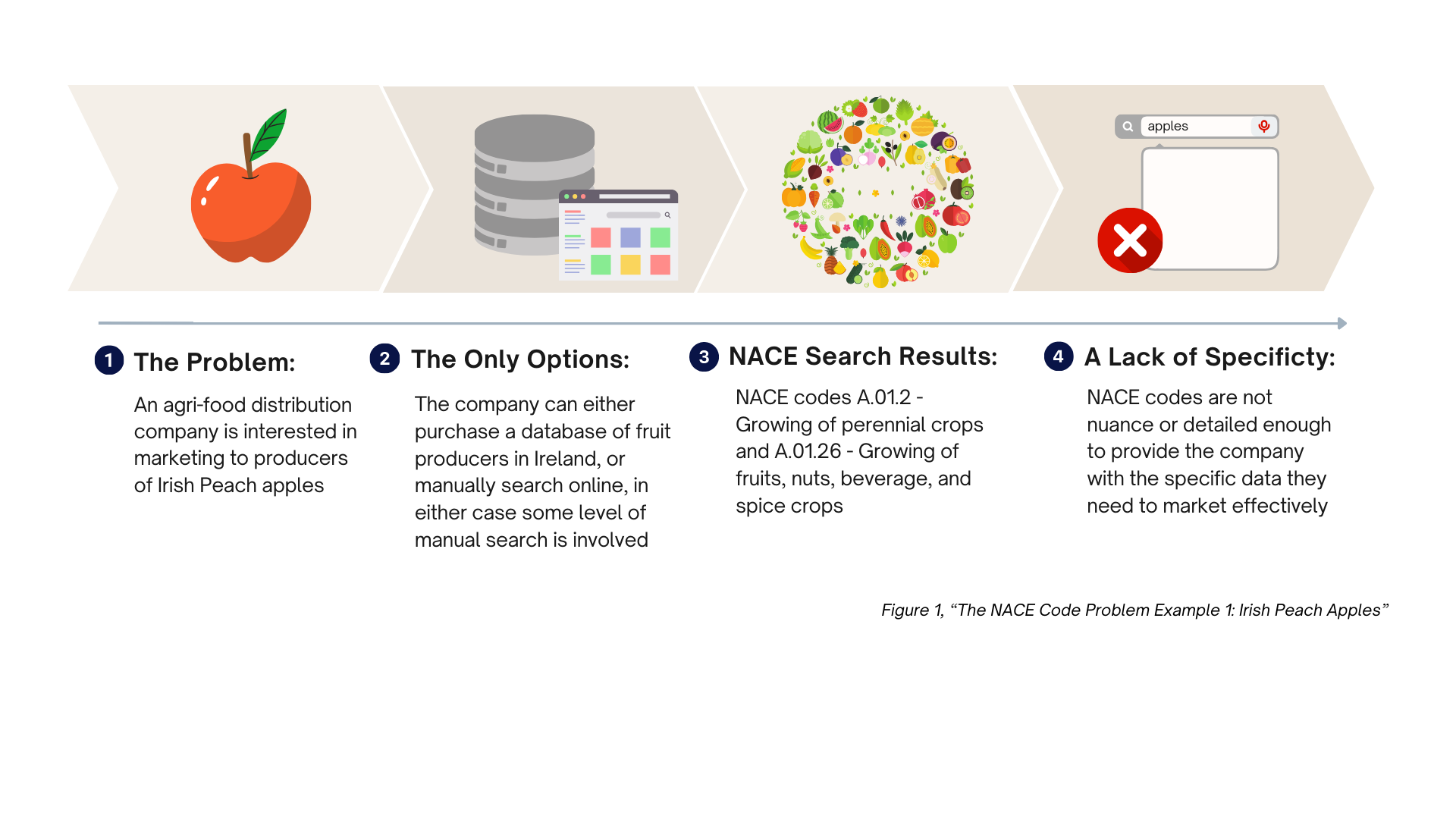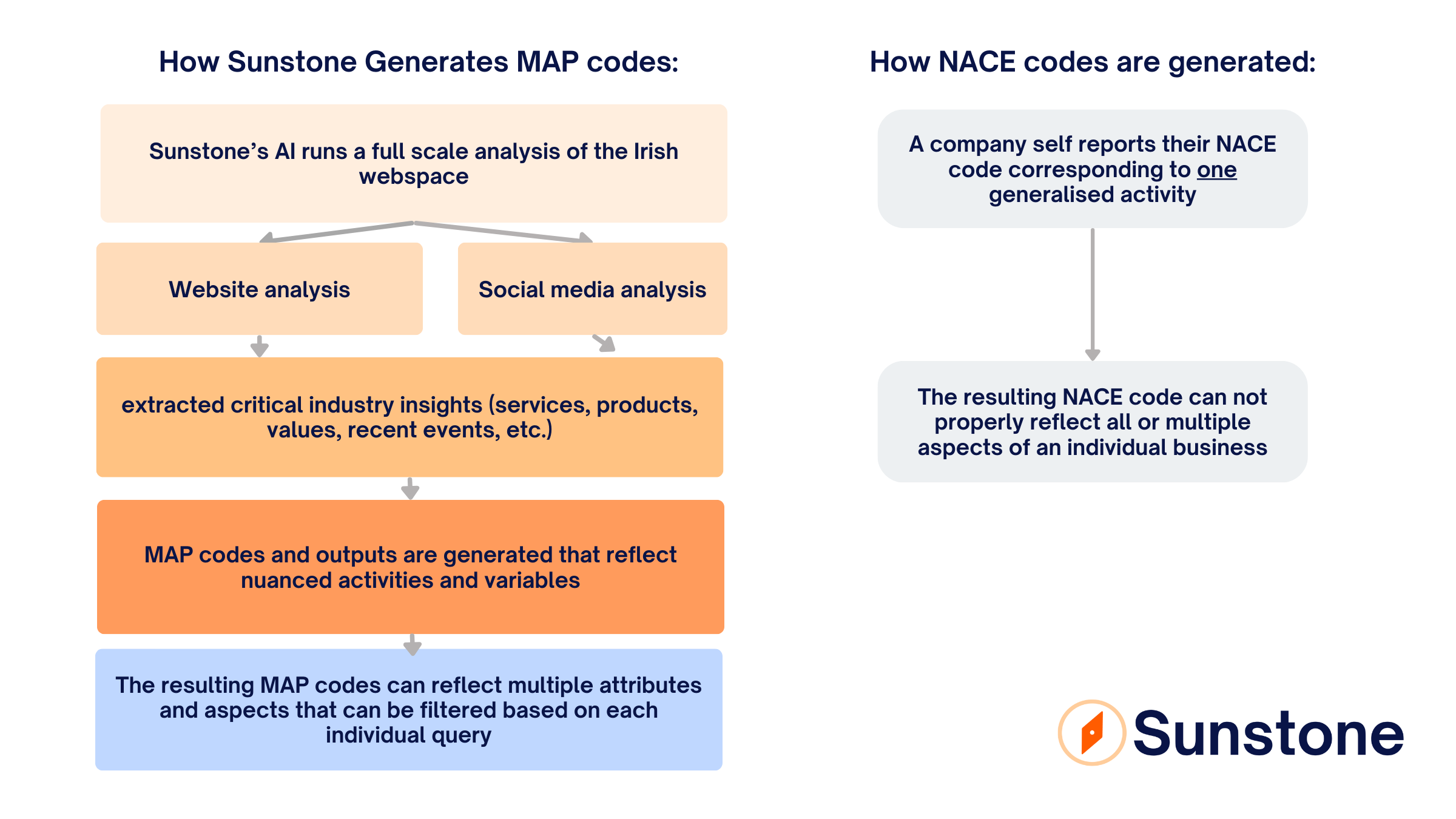Imagine if Google Maps was using a 25-year-old city plan. Finding directions for where you’re going would take double the effort since the map would...


The Power of Data Analysis in Sales and Marketing
Data is so much more than just numbers on a screen—it’s a goldmine of insights waiting to be uncovered. For sales and marketing teams, data analysis is the key to unlocking new opportunities, understanding customer behaviour, and driving strategic decisions.
By delving into data, businesses can identify emerging market trends, tailor their marketing efforts to meet customer needs, and refine their sales strategies to boost conversions.
Data analysis empowers teams to predict future demands, personalize customer interactions, and measure the effectiveness of their campaigns with precision.
Leveraging data can completely transform how a businesses operates, leading to more informed decisions and greater success.
In today’s blog, we will explore the power of data analysis in sales and marketing and how it can transform business outcomes.
Data Analysis Helps in Understanding Your Customers
One of the most significant advantages of data analysis is its ability to provide a deep understanding of your customers. By analysing data from various sources such as website analytics, social media interactions, and purchase history, businesses can identify patterns and trends in customer behaviour. This understanding allows companies to segment their audience more effectively and tailor their marketing efforts to meet the specific needs and preferences of different customer groups.
For example, if data analysis reveals that a particular segment of customers frequently buys a specific type of product, marketing campaigns can be designed to target this group with personalised offers and promotions. This targeted approach not only increases the chances of conversion but also enhances customer satisfaction and loyalty.
Optimising Marketing Campaigns Through Data Analysis
Data analysis plays a crucial role in optimising marketing campaigns. By continuously monitoring and analysing the performance of marketing activities, businesses can determine what works and what doesn’t. Key performance indicators (KPIs) such as click-through rates, conversion rates, and return on investment (ROI) provide valuable insights into the effectiveness of marketing strategies.
For example, A/B testing—comparing two versions of a marketing asset to see which one performs better—is a common practice in data-driven marketing. By analysing the results, marketers can make informed decisions about which version to use, ensuring that their campaigns are as effective as possible. Additionally, data analysis can help identify the best times to launch campaigns, the most effective channels to use, and the type of content that resonates most with the audience.
Data Analysis in Your Sales Strategies
Sales teams can also benefit greatly from data analysis. By examining sales data, businesses can identify trends and patterns that can inform their sales strategies. For example, data analysis might reveal that certain products are more popular during specific seasons or that particular sales tactics are more effective in closing deals.
Furthermore, data analysis can help sales teams prioritise leads and opportunities. By scoring leads based on their likelihood to convert, sales teams can focus their efforts on the most promising prospects, increasing their efficiency and effectiveness. This targeted approach not only improves sales performance but also ensures that resources are used more effectively.
Predicting Future Trends
One of the most powerful aspects of data analysis is its ability to predict future trends. By analysing historical data, businesses can identify patterns that indicate future behaviour. For example, if sales data shows a consistent increase in demand for a particular product during a specific time of year, businesses can prepare for this trend by increasing inventory and planning targeted marketing campaigns.
Predictive analytics can also help businesses identify potential challenges and opportunities. For instance, if data analysis indicates a declining trend in customer satisfaction, businesses can take proactive steps to address the issue before it impacts sales. Similarly, if a new market trend is identified, businesses can capitalise on it by adjusting their strategies accordingly.
Improving Decision Making
Ultimately, the power of data analysis in sales and marketing lies in its ability to improve decision-making. By providing accurate and timely insights, data analysis enables businesses to make informed decisions that drive success. Whether it’s understanding customer behaviour, optimising marketing campaigns, enhancing sales strategies, predicting future trends, or improving overall decision-making, data analysis is an invaluable tool for modern businesses.
Final Thoughts
Data analysis is a powerful asset for sales and marketing teams. By leveraging data, businesses can gain a deeper understanding of their customers, optimise their marketing efforts, enhance their sales strategies, predict future trends, and make more informed decisions. As the business landscape continues to evolve, the importance of data analysis in driving success cannot be overstated.
If you’re interested in learning more about how data visualisation and analysis can help transform your sales and marketing, we invite you to explore SalesSight AI, our data visualisation platform for teams. Discover the full range of capabilities and benefits that our advanced data visualisation and analytics tools can offer to give your business a competitive edge.
Contact us now to learn how we can support your business data needs and set your business up for success.
Keep up-to-date with more data-backed insights:
Related Articles
Maintaining Data Hygiene
The Power of Data Analysis in Sales and Marketing
Data is so much more than just numbers on a screen—it's a goldmine of insights waiting to be uncovered. For sales and marketing teams, data analysis...
Why NACE Codes Fall Short, and How MAP is Changing the Game
Since 1970, NACE codes have been the most widely used classification system throughout Ireland and Europe for grouping organisations according to...







Recent Comments